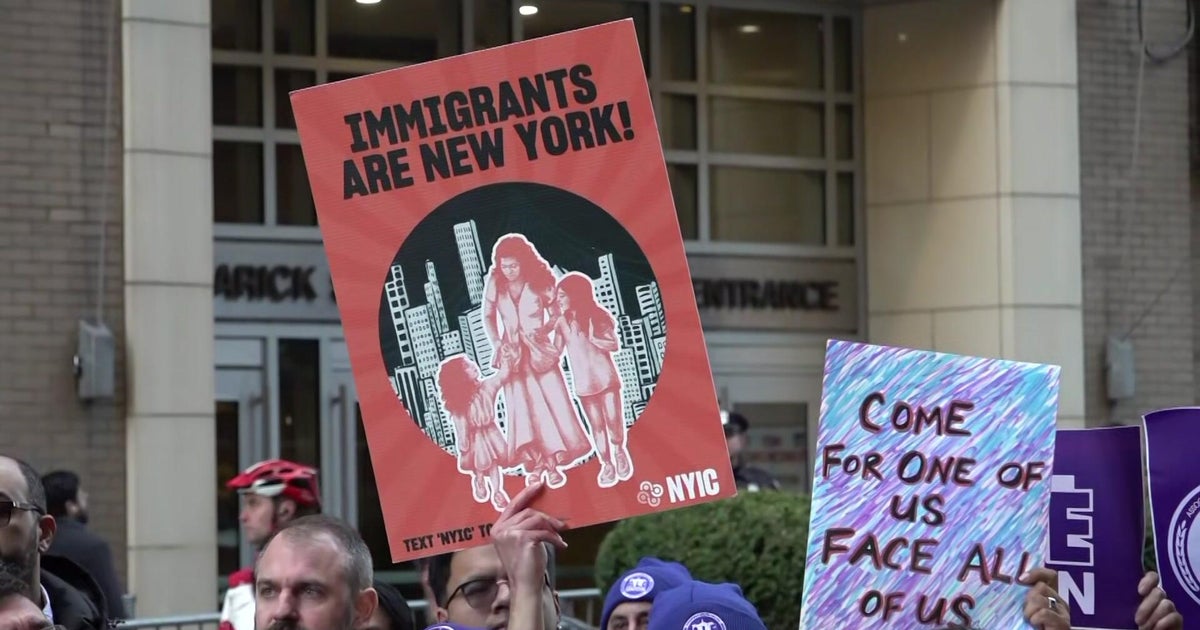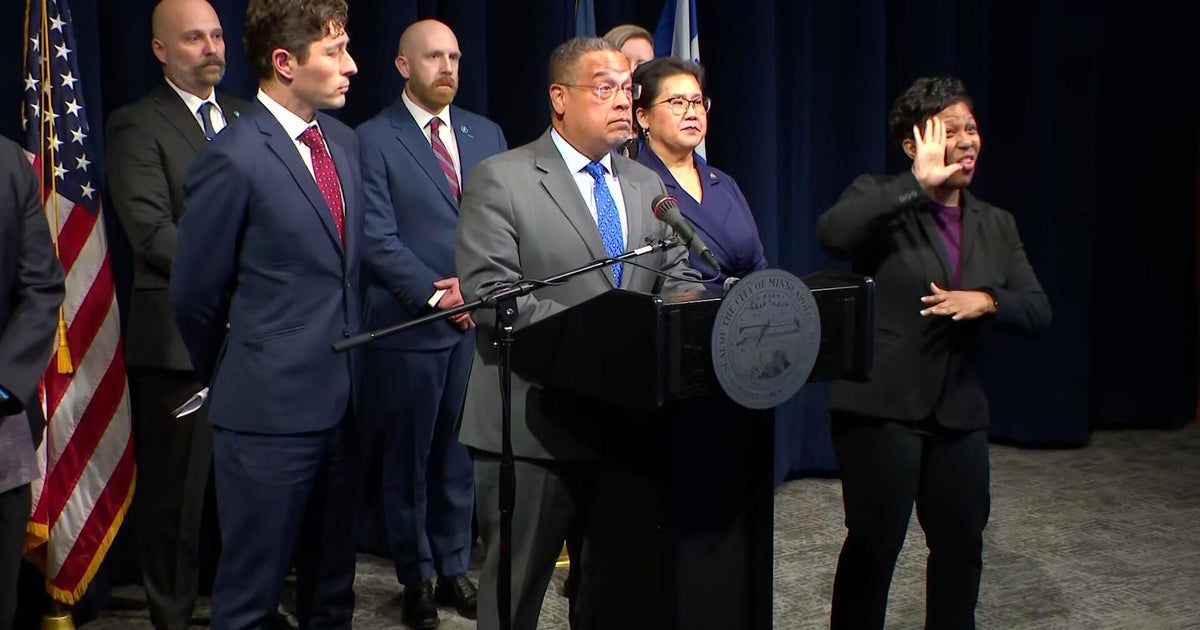New York City Loses Tax War Against Foreign Nations
NEW YORK (AP) -- India and other nations with diplomatic housing do not have to pay city property taxes, a federal appeals court ruled Tuesday in a long-running dispute that once reached the Supreme Court.
The decision by the 2nd U.S. Circuit Court of Appeals in Manhattan handed a victory to the governments of India and Mongolia, which had fought the city's demands that they pay tens of millions of dollars in taxes for their Manhattan embassy buildings.
The three-judge panel said the State Department acted within its power in June 2009 when it established an exemption from taxes on property owned by foreign governments and used to house staff for permanent missions to the United Nations, the Organization of American States or consular posts.
The Foreign Missions Act allows the State Department to issue tax exemptions that pre-empt state and municipal tax laws, the appeals court said.
"We are extremely disappointed,'' said city attorney Michael A. Cardozo. "This provides a free ride for foreign countries owning certain properties in New York City while unnecessarily burdening local taxpayers.''
Three years ago, the Supreme Court ruled that the city could sue countries to try to collect taxes on their properties. The following year, a lower court judge ordered India, Mongolia and the Philippines to pay the city a total of $57.6 million in real estate taxes.
Cardozo said the city will appeal the latest ruling to the Supreme Court.
"Certainly, we're thrilled with the result,'' said Aaron Stiefel, a lawyer who represented India and Mongolia in the litigation.
"It's a complete victory,'' he said. "We got everything we wanted.''
The State Department issued its tax exemptions while arguing that the United States would be forced to pay hundreds of millions of dollars in property taxes for its diplomatic properties in foreign countries if they were forced to pay taxes in the United States. It noted in its court submissions that "the United States benefits financially much more than other countries from an international practice exempting staff residences from real property taxes, and it stands to lose the most if the practice is undermined.''
Generally, consulates and embassies have been defined in international treaties as sovereign territories, meaning they are tax exempt. The question in the city's 2003 lawsuit was whether the exemption applied to the entire building, including staff residences.
India and Mongolia argued that even sleeping diplomats were part of their missions because they were always on call.
The appeals decision nullifies a lower judge's finding that India owed $42.4 million in taxes related to a 26-story tower in Manhattan near the United Nations with 20 floors of apartments occupied by diplomatic employees. Mongolia was ordered to pay $4.3 million for a six-story building with two floors of staff residences while the Philippines was told to pay $10.9 million for a building on a prime stretch of Fifth Avenue that includes commercial tenants.
Turkey had settled with the city for $6 million while the Philippines had agreed in a settlement to pay $9 million in property taxes and interest. It was unclear what effect, if any, the appeals ruling might have on the settlements.
The city filed suit in 2003 seeking $16.4 million from India and $2.1 million from Mongolia for what it claims are unpaid real estate taxes on residential space.
(Copyright 2010 by The Associated Press. All Rights Reserved.)







